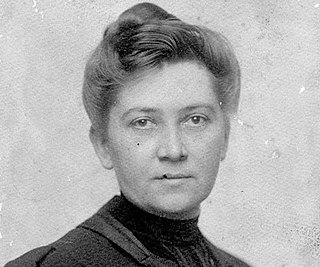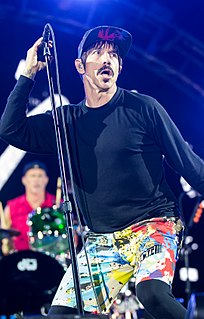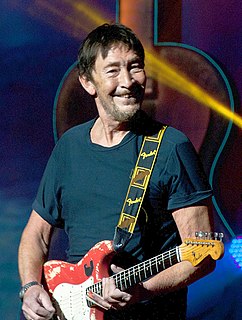A Quote by Corra May Harris
I think now happiness is a thing you practice like music until you have skill in striking the right notes on time. We have no vocation for it. And I had no practice, not a day when I was free from care and one great anxiety - and one must be free to be happy. I know that much about it by having missed it.
Related Quotes
I used to think that to become free you had to practice like a samurai warrior, but now I understand that you have to practice like a devoted mother of a newborn child. It takes the same energy but has a completely different quality. It's compassion and presence rather than having to defeat the enemy in battle.
Having a moment of clarity was one thing; I'd had moments like that before. It had to be followed with a dedicated push of daily exercise. It's a trite axiom, but practice DOES make perfect. If you want to be a strong swimmer or an accomplished musician, you have to practice. It's the same with sobriety, though the stakes are higher. If you don't practice your program every day, you're putting yourself in a position where you could fly out of the orbit one more time.
It was hard to become an astronaut. Not anywhere near as much physical training as people imagine, but a lot of mental training, a lot of learning. You have to learn everything there is to know about the Space Shuttle and everything you are going to be doing, and everything you need to know if something goes wrong, and then once you have learned it all, you have to practice, practice, practice, practice, practice, practice, practice until everything is second nature, so it's a very, very difficult training, and it takes years.
I've done a lot of performance practice, Baroque playing, and some of the joy and the challenge of it is figuring out what the composer intended... You have music of the 17th century - it's all whole notes and half notes. But inside of that, there are so many things that one can do, at least according to what we know about performance practice.
The music kind of takes care of itself because we've done all that as preproduction in the practice room. So by the time it gets onstage, each song has about one hundred hours of way too much mothering gone into it. So when you see us play live, that is the product of ninety days of practice, over a year of writing, listening to demos on the weekends after practice.
I might believe I had unusual talent if I did not know what good music was; I might enjoy half an hour's practice a day if I were busy and happy the rest of the time. You do not know what life means when all the difficulties are removed! I am simply smothered and sickened with advantages. It is like eating a sweet dessert the first thing in the morning.
We're sitting in here, and I'm supposed to be the franchise player, and we in here talking about practice. I mean, listen, we're talking about practice, not a game, not a game, not a game, we talking about practice. Not a game. Not, not... Not the game that I go out there and die for and play every game like it's my last. Not the game, but we're talking about practice, man. I mean, how silly is that?.. And we talking about practice. I know I supposed to be there. I know I'm supposed to lead by example... I know that... And I'm not... I'm not shoving it aside, you know, like it don't mean anything. I know it's important, I do. I honestly do... But we're talking about practice man. What are we talking about? Practice? We're talking about practice, man.
If I had stood at the free-throw line and thought about 10 million people watching me on the other side of the camera lens, I couldn't have made anything. So I mentally tried to put myself in a familiar place. I thought about all those times I shot free throws in practice and went through the same motion, the same technique that I had used thousands of times. You forget about the outcome. You know you are doing the right things. So you relax and perform.
I didn't start until I was 21, and most people I know were 13 when they had their first guitar - I missed that time where you sit in your bedroom all day for years and accidentally you're doing classical training, although you're not thinking of it that way. It's not as easy, as you get older, to do all that kind of practice.






































